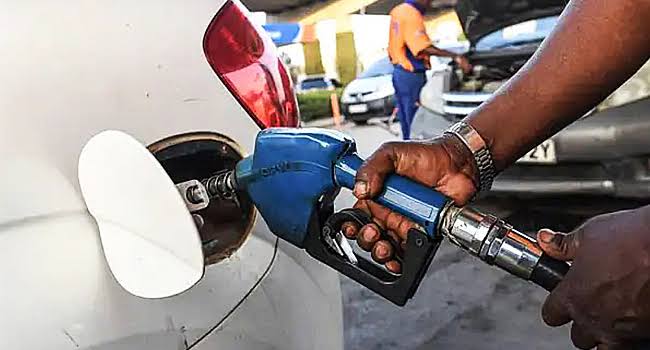
In a move that underscores the growing volatility in Nigeria’s petroleum market, MRS Oil Nigeria Plc, a key partner of Dangote Refinery, has increased its pump price for Premium Motor Spirit (PMS) to as high as N955 per litre. The announcement was made through a revised pricing template shared on the company’s official X (formerly Twitter) account on Saturday.
The new pricing structure marks a significant jump from the previous range of N825 to N895 per litre, with the updated pump price now set between N925 and N955 per litre across different regions of the country. Motorists in major cities, including Lagos and Abuja, will now have to pay N925 and N945 per litre respectively at MRS filling stations.
This development comes amid a broader trend of rising petrol prices across Nigeria, triggered by a global surge in crude oil costs. The recent escalation in the Israel-Iran conflict has sent shockwaves through international oil markets, resulting in increased supply uncertainty and higher prices. Nigeria, which relies heavily on imported refined petroleum products despite having local refining capacity through entities like the Dangote Refinery, remains highly susceptible to such external price shocks.
The price hike by MRS is the latest in a series of upward adjustments by petroleum marketers who say the cost of importation and distribution has become unsustainable under current global conditions. With logistics, insurance, and exchange rate pressures mounting, marketers argue that the new pricing is a necessary response to market realities.
Despite the increase by MRS, the Nigerian National Petroleum Company (NNPC) Limited has not adjusted its official pump prices. As of Saturday evening, NNPC retail outlets were still selling petrol at N875 in Lagos and N895 in Abuja, offering some temporary relief to consumers in those locations.
The new price hike is expected to have ripple effects across the economy, particularly in the transportation sector, where increased fuel costs often lead to higher fares and the rising cost of goods and services. Many Nigerians, already grappling with inflation and economic hardship, are likely to feel the pinch even further.
Industry analysts warn that unless the government intervenes or global crude prices stabilize, Nigerians may continue to see fluctuations in fuel prices in the weeks to come.
Comments